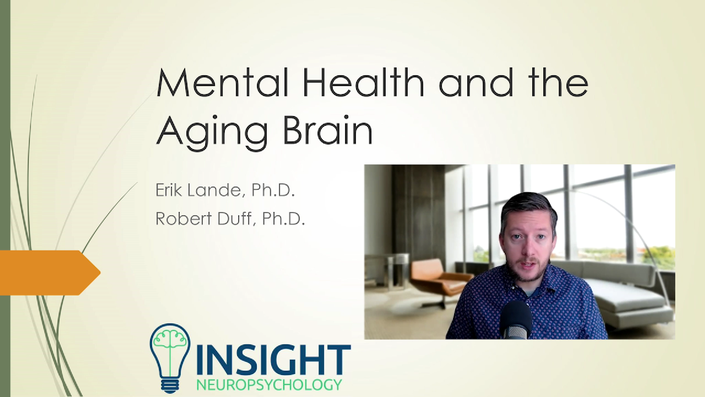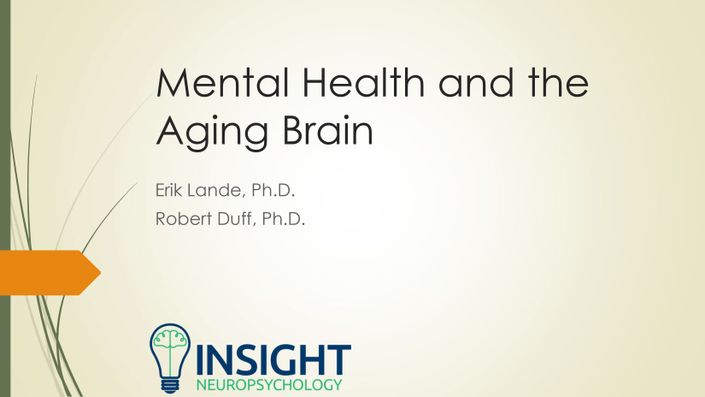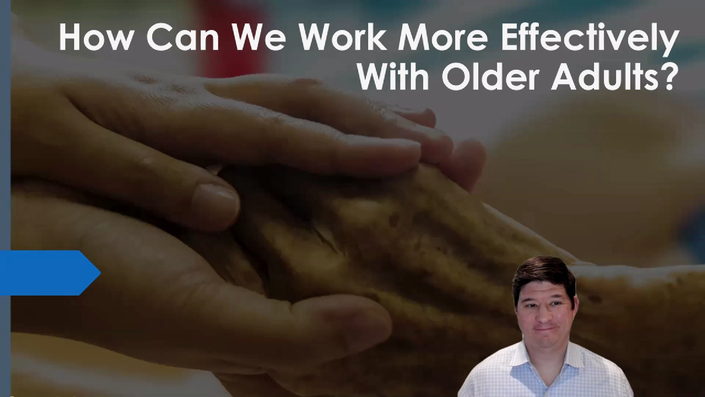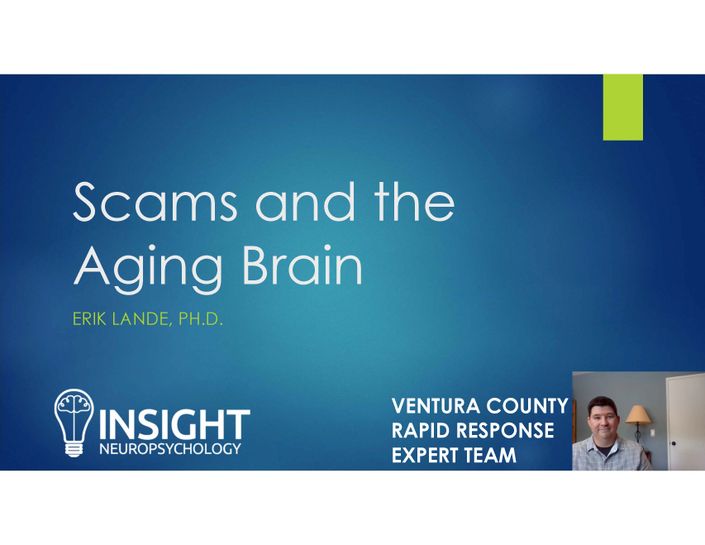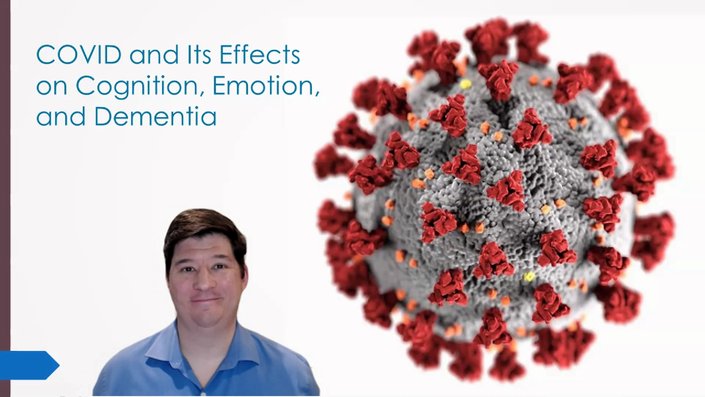Mental Health Issues Are Common in Older Adults
The CDC estimates that over 20% of people over the age of 55 experience some type of mental health concern.
However, older adults are less likely to report psychiatric symptoms due to a variety of factors. These things just weren't as talked about when they were growing up. As a result, many adults with mental health concerns go undiagnosed and untreated.
Mental illness also looks different in older people. For instance, rather than crying frequently and feeling hopeless, many older adults with depression complain of physical exhaustion and lose interest in activities.
Help is Possible
Even though mental health issues tend to be less emphasized in older adults when compared to physical illnesses, mental health concerns such as depression or anxiety are treatable with the right approach. The trick is knowing the signs and the right approach to helping, which can be different from how we treat younger adults.
In this course you will learn:
- Common risk factors unique to older adult populations.
- Important considerations for the COVID-19 pandemic.
- Signs of common mental health difficulties in older adults such as depression and anxiety.
- Common treatment approaches for common mental illnesses in older adults.

Mental Health Beyond Depression and Anxiety
In this bundled course, we are also going to dive deeper into serious issues like PTSD, hoarding, and psychosis.
In this course, you will learn:
Mental health issues associated with normal aging
the most common mental health issue in older adults
the various types of anxiety
What are PTSD and trauma related conditions
The most effective effective treatment for bipolar disorder
Which substance abuse issues to watch for in older adults
the difference between hallucinations and delusions
the different treatments for neuropsychiatric symptoms of dementia
We will guide you through
As neuropsychologists, we work with people every day to determine whether the issues they are concerned about represent normal changes or are signs that something problematic is happening.
It can all be a bit confusing and scary, so let us walk you through it step by step.

Bundle Contents

Hi, I’m Dr. Robert Duff.
I am one of the psychologists at Insight Neuropsychology in Camarillo, CA.
As a neuropsychologist, my job is to understand how the structure of the brain impacts emotions and behavior. Much of my work focuses on testing for difficulties such as brain injuries, dementia conditions, or the impact of strokes.
I have also worked with a variety of organizations such as Adult Protective Services, police departments, and the FBI to instruct them on ways to better understand the aging brain and assist seniors.
If you would like to see more of my work, you can check out my book, Does My Mom Have Dementia. I also have some popular resources including books, an online course, and a podcast related to anxiety and other mental health concerns.
Other Courses
In addition to this course, we have several other offerings related to working with older adults.


